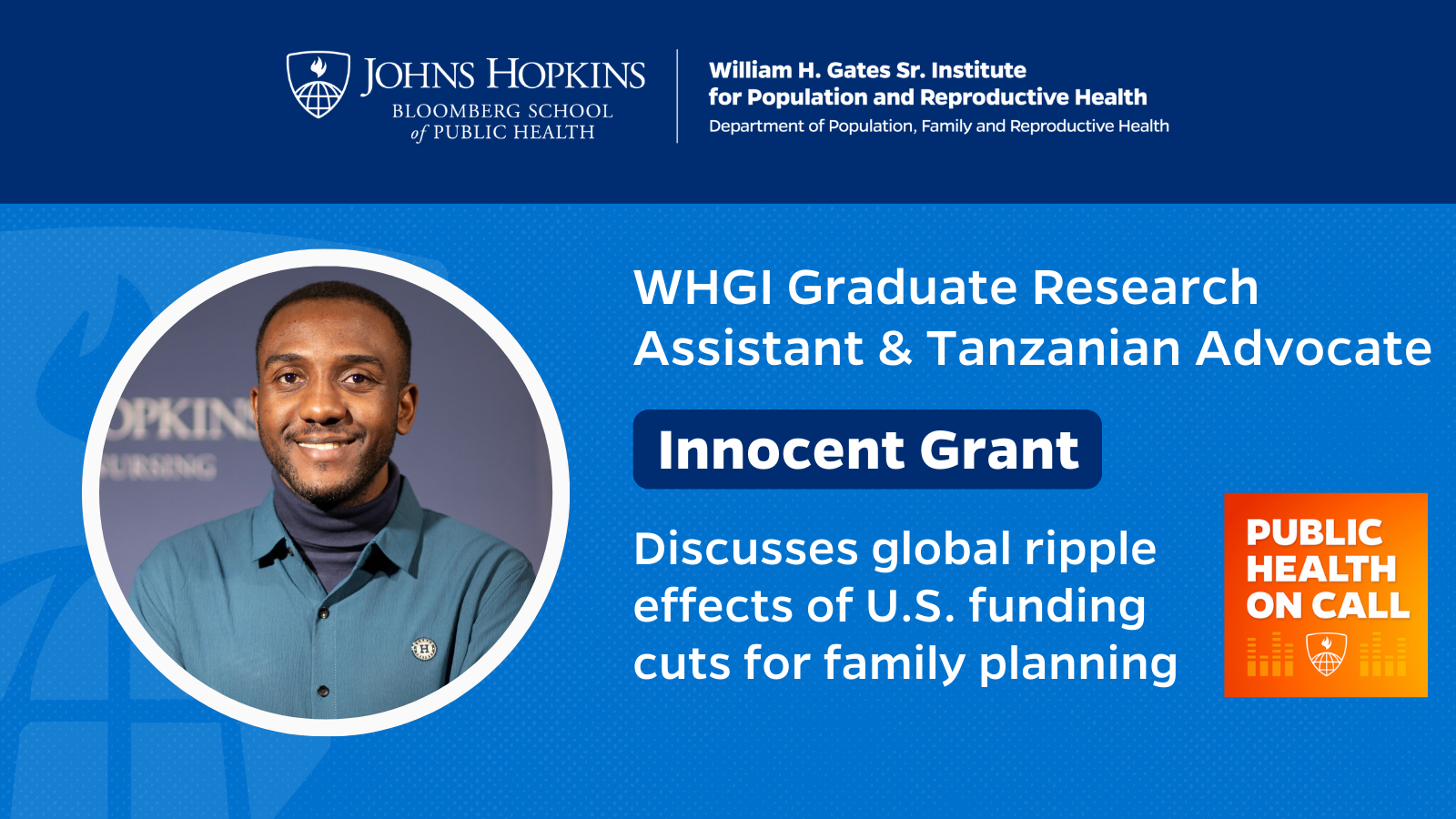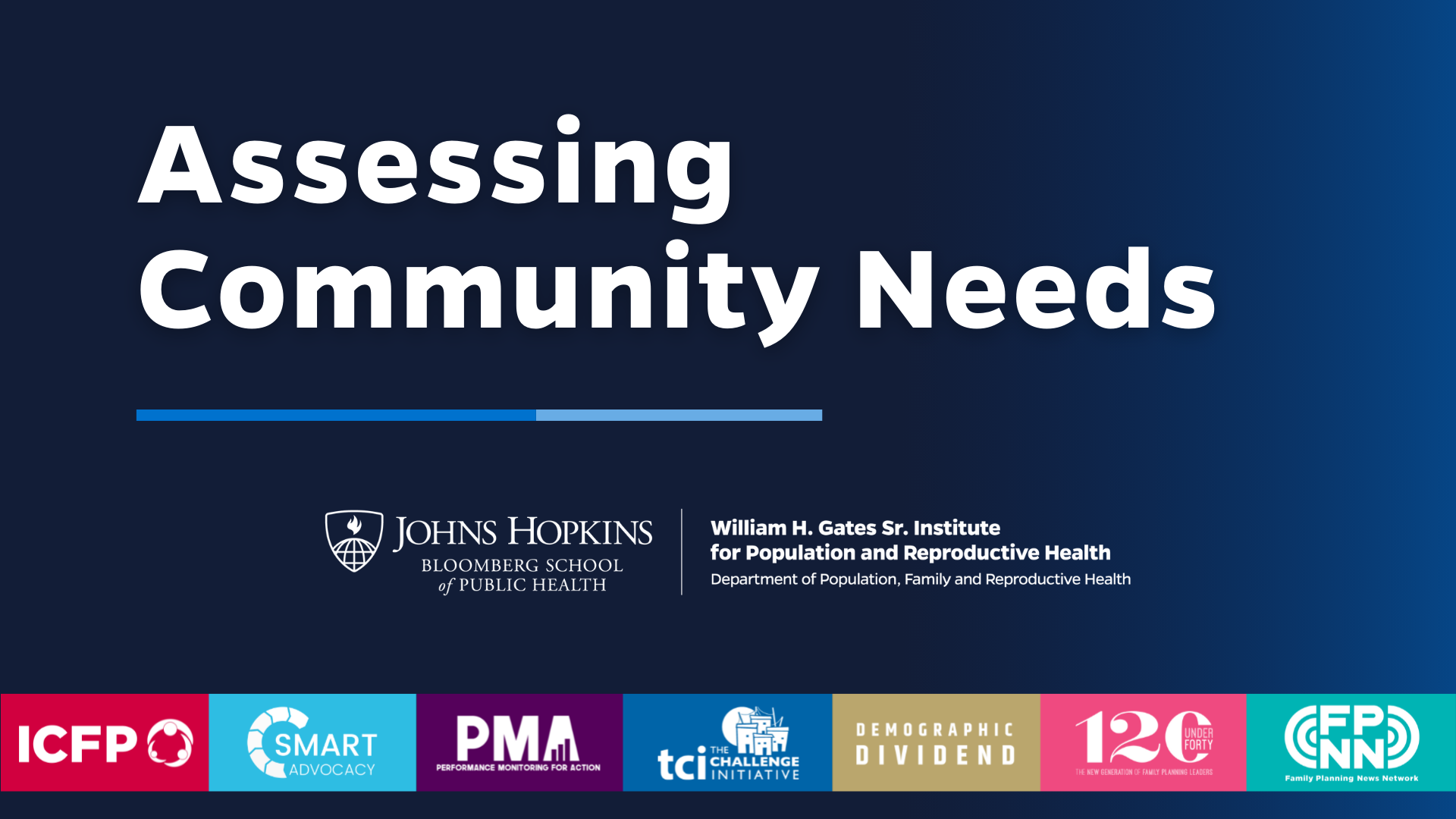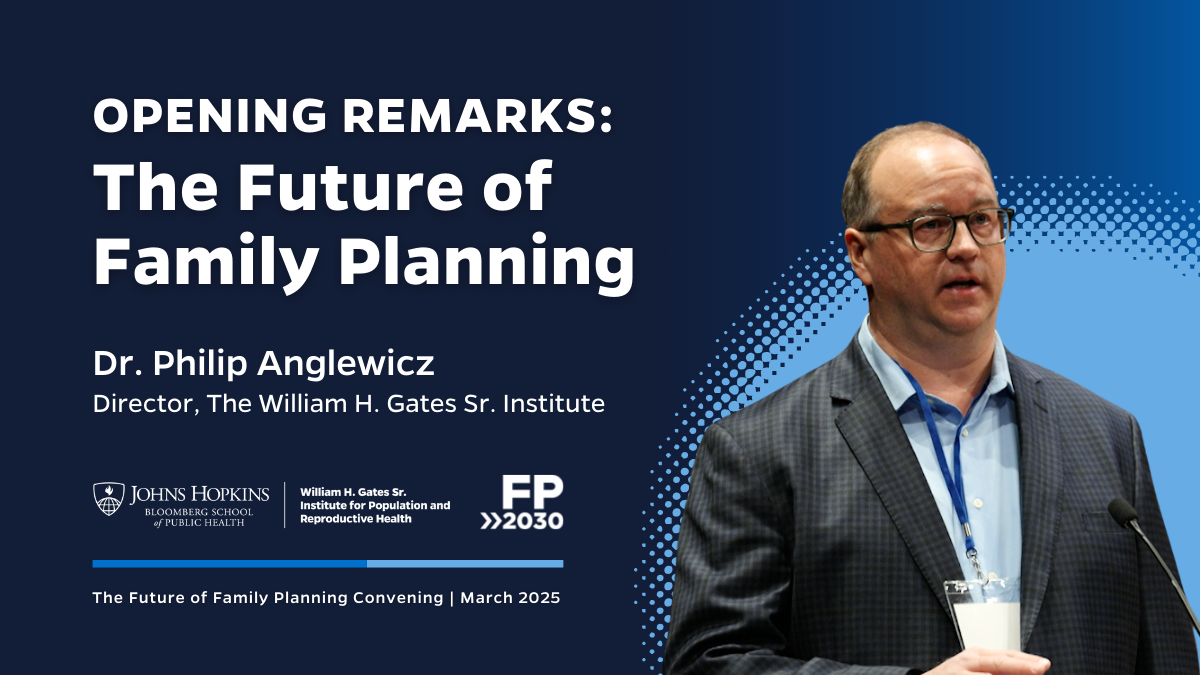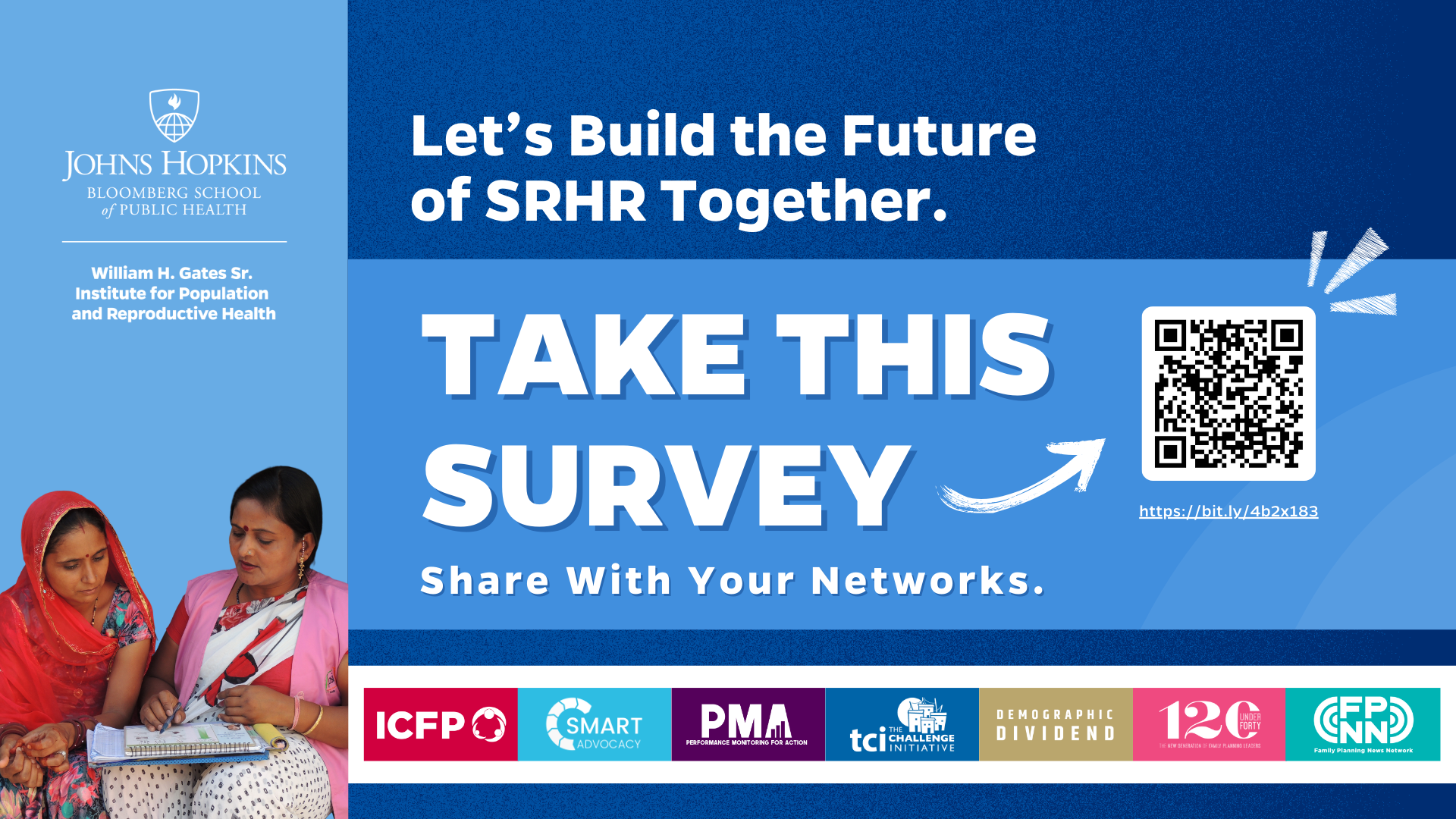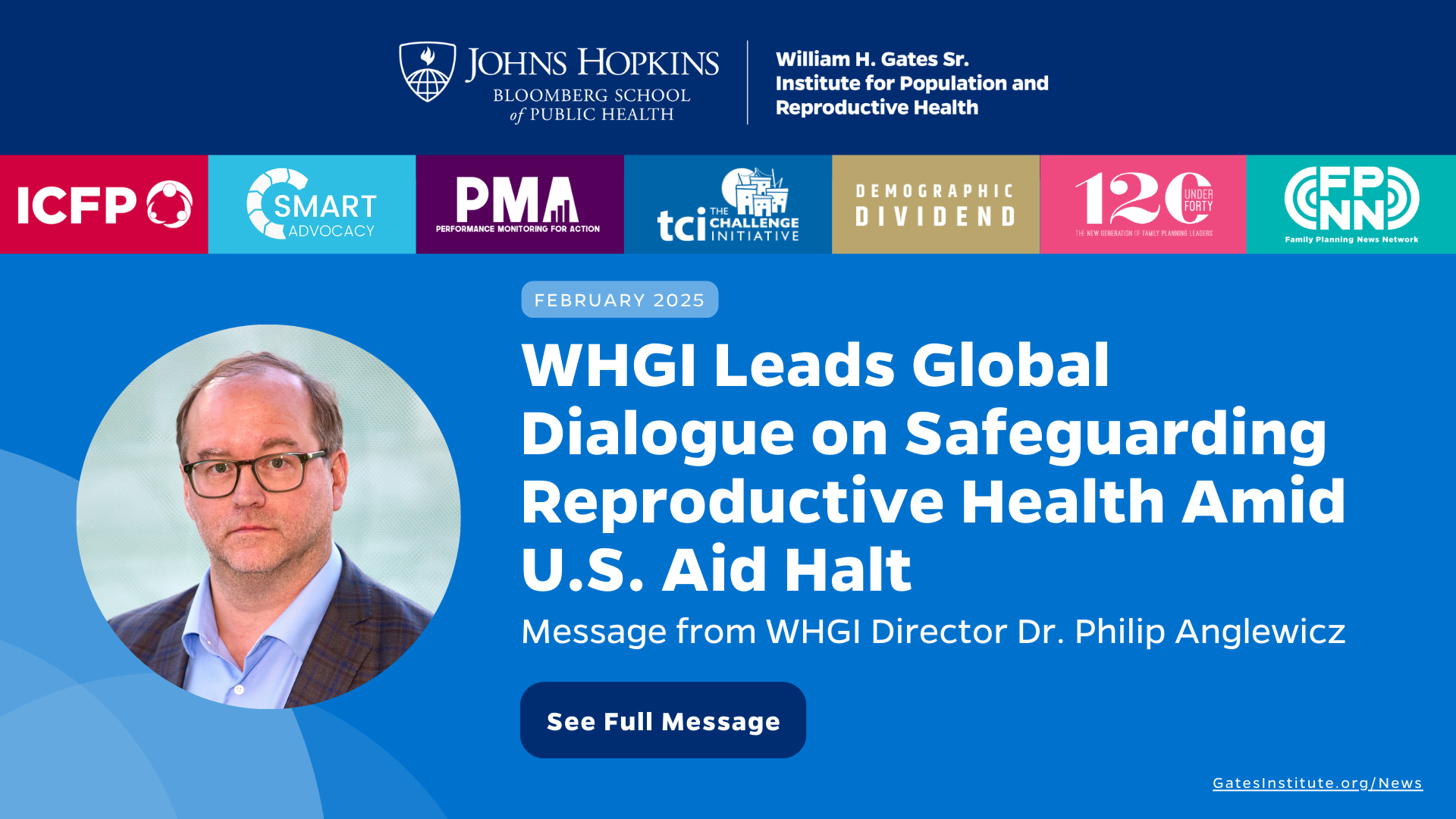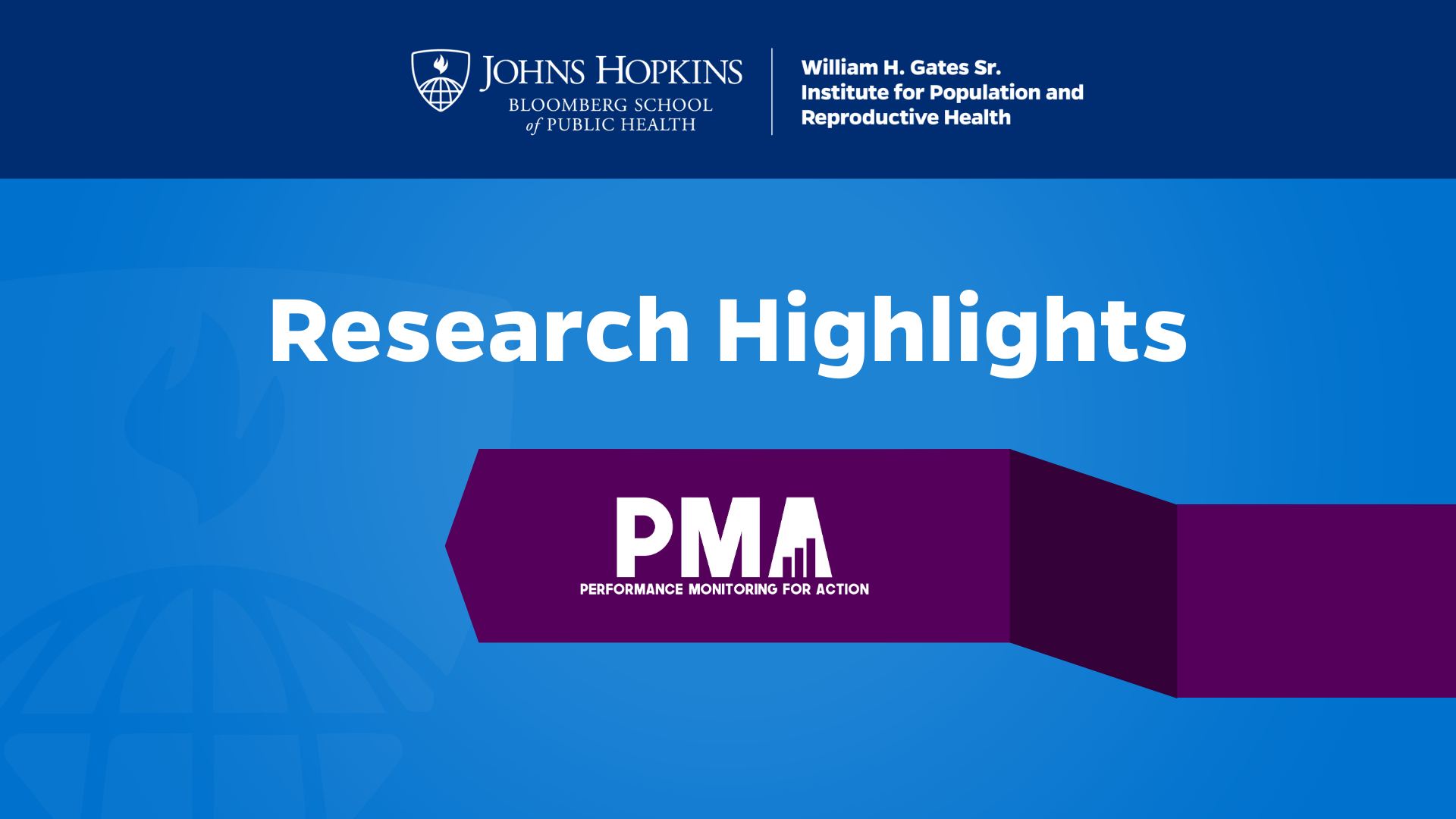TCI Support Helps Ouagadougou’s Poor Urban Settlements Benefit from Family Planning Services
Contributors: Fatimata Sow and Mathié Yanogo
An aerial view of one of Ouagadougou’s poor urban settlements.
The population of Ouagadougou in Burkina Faso is estimated at about 2.7 million people with 30% of the population living in poor areas not officially planned or recognized by the government. These unrecognized residential neighborhoods are typically far from basic public services. The residents tend to come from poor rural areas and struggle to integrate into urban life due to a lack of education and familiarity with an area that already struggles to meet the employment needs of its young population. These poor urban settlements are often ignored by public health policies. In fact, during the national weeks in which family planning services and commodities are offered for free, these residents are often unable to access the service sites because they are not located near the poor settlement areas.
As a result of coaching from The Challenge Initiative (TCI), Ouagadougou has enacted a strategy to engage private partners in the local health system to reach poor urban settlements so they can benefit from modern contraception. This strategy has led the municipality to initiate discussions with two local organizations – Marie Stopes and ABBEF (Association Burkinabè pour le Bien-Être Familial) – to support them in providing family planning services and ISBC (universal referral) to these neighborhoods. Subsequently, the municipality has taken steps with the local health system to adopt the strategy and make it sustainable.
Now, women and young people from urban settlements are recognized in the same way as those from other districts of Ouagadougou in their ability to access family planning services and adopt a method of their choice. Mrs. Ouédraogo Sawadogo Ramata, who is responsible for Nursing and Obstetric Care, explained:
The populations of these districts today feel more integrated in the city because they see one of their fundamental needs taken into account by the health system and municipality. In addition, this enabled the municipality to plan other types of development in these neighborhoods.”
Ouédraogo shared that she has witnessed two significant changes as a result of this engagement:
First, in the unplanned areas of Nagrin, Toudoubweogo and Wapassi, people now have access to modern contraceptive methods. Secondly, because of the use of ISBC, inhabitants of the unplanned areas are systematically integrated into the health care system and not only offered family planning services but also health services more generally.”
Finally, she noted that the success of this strategy is a result of TCI’s support, which has led to a good collaboration between the health system and the municipality that brings other partners on board to replicate the high-impact interventions beyond the reach of the public health system and, more importantly, align the high-impact interventions with national guidelines.
Recent News
In Their Own Words: The Impact of Coaching in Firozabad, a Newly Graduated City in India
TCI Philippines’ Hub Reflects on A Year of Efforts to Reduce Teen Pregnancies
TCI Support Helps Ouagadougou’s Poor Urban Settlements Benefit from Family Planning Services
Pakistan’s President Attends Formal Islamabad Launch of TCI’s Sixth Hub

